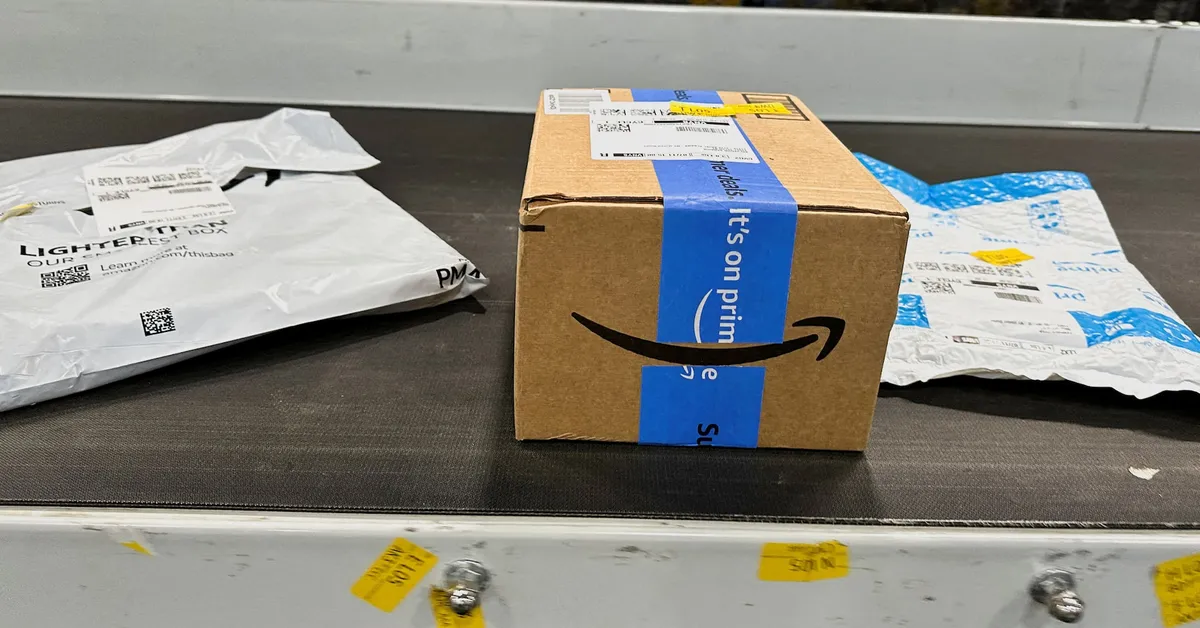
On April 29, the White House publicly criticized Amazon's reported intentions to disclose the financial impact of U.S. tariffs imposed by former President Donald Trump. This revelation has sparked significant controversy, leading the administration to label Amazon's actions as politically charged and hostile.
During a briefing, White House Press Secretary Karoline Leavitt revealed that she had discussed Amazon's plans with Trump, who expressed strong disapproval. According to Leavitt, Trump characterized the retail giant's move as a “hostile and political act.” Following these statements, Amazon's stock experienced a decline of 2.2% in premarket trading, reflecting investor concerns over the implications of the company’s actions.
Despite these developments, Amazon has yet to issue a response regarding the Punchbowl News report or the White House's critical remarks. This silence has left many speculating about the company’s next steps amid growing scrutiny.
Since taking office, Trump has implemented a significant number of tariffs on various U.S. trading partners, particularly China. These tariffs have resulted in a staggering increase of 145% in tariff costs for imported goods, directly impacting American consumers. Leavitt raised an important question during the briefing: “Why didn't Amazon disclose these costs when the Biden administration drove inflation to a 40-year high?” This inquiry highlights ongoing debates about corporate transparency and accountability in pricing.
Leavitt pointed out that Amazon’s recent actions were not entirely unexpected, citing a 2021 report by Reuters which indicated that the tech company had collaborated with a Chinese propaganda arm. This connection has fueled the administration's narrative encouraging Americans to prioritize purchasing domestically produced goods. Leavitt emphasized, “This is another reason why Americans should buy American,” reinforcing the Trump administration's commitment to strengthening critical supply chains and promoting domestic manufacturing.
The ongoing tension between the White House and Amazon underscores the complexities of U.S.-China trade relations and corporate responsibility. As the situation develops, it remains to be seen how Amazon will navigate this political landscape and what measures they may take in response to the administration's criticisms.